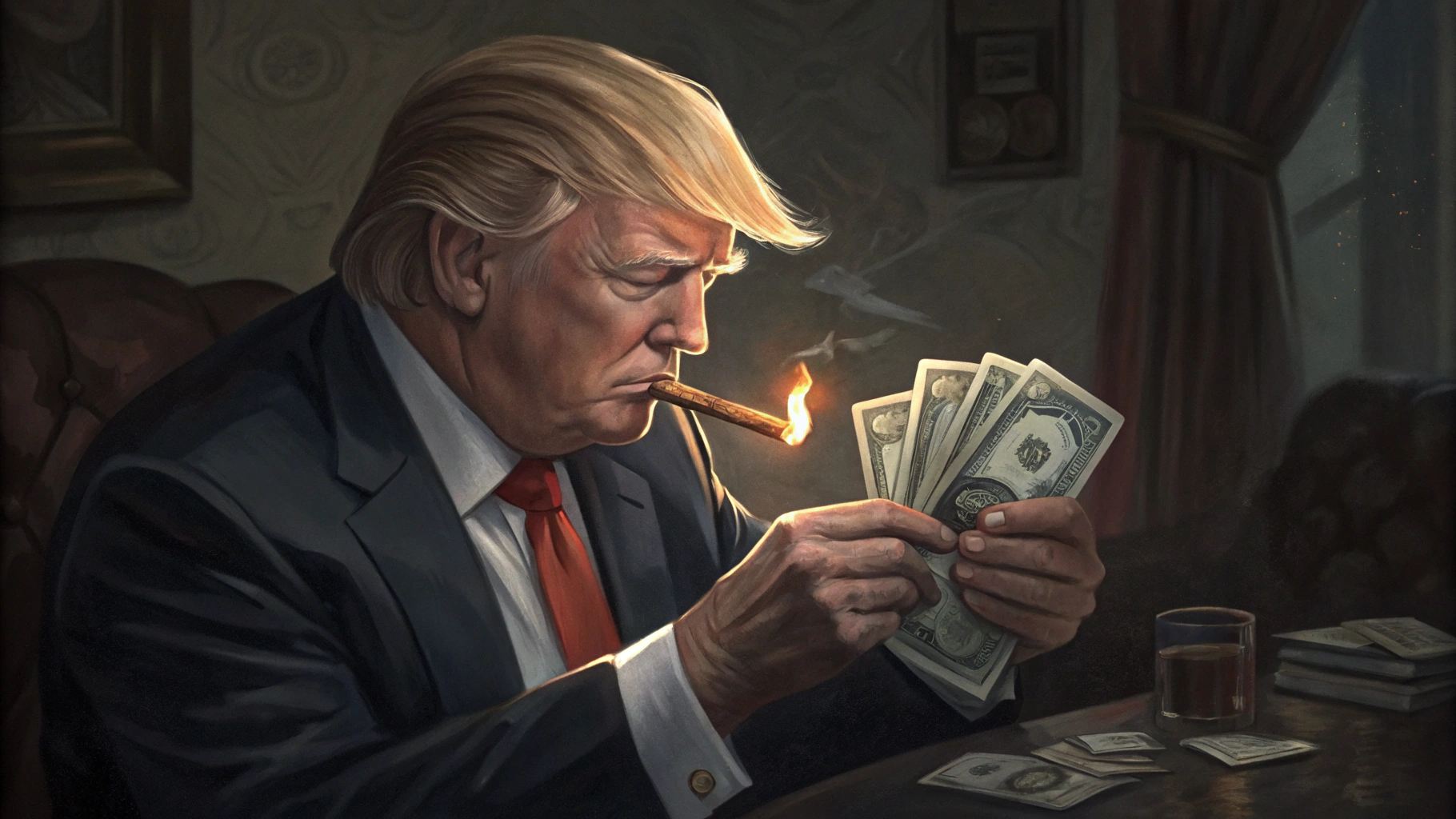President Donald Trump’s tariff policies, aimed at protecting American manufacturing and addressing trade imbalances, have rippled across multiple industries. While the focus has largely been on steel, aluminum, and consumer electronics, a quieter but significant concern is emerging in the premium cigar industry.
The Basics of the Tariffs
Trump’s administration implemented several rounds of tariffs targeting goods imported from countries like China and members of the European Union. While cigars are not typically imported from China, many accessories and materials essential to the cigar trade are. Additionally, as trade tensions increase with countries in Central America or the Caribbean, the core of the premium cigar world, the industry could be directly in the crosshairs.
Impact on Premium Cigar Imports
Premium cigars are predominantly imported into the U.S. from countries like the Dominican Republic, Nicaragua, and Honduras. While these countries have historically enjoyed favorable trade conditions under agreements like CAFTA-DR (Dominican Republic–Central America Free Trade Agreement), the Trump administration has shown a willingness to reevaluate and renegotiate trade deals, raising fears that cigars could eventually be affected by tariffs or altered import duties.
If tariffs were placed on cigars or related products, the cost for retailers and consumers could rise sharply, threatening the delicate balance of an industry built on craftsmanship, brand loyalty, and luxury pricing.
Brands That Could Be Affected
Several major cigar brands that source their products from Central America and the Caribbean could be impacted if tariffs were imposed or trade agreements were revised:
- Arturo Fuente – Based in the Dominican Republic, Fuente is one of the most prestigious names in cigars. Any tariffs on Dominican products or disruptions in trade could significantly increase the cost of importing these premium sticks.
- Padron Cigars – Manufactured in Nicaragua, Padron is a top-tier brand known for its quality and heritage. Nicaragua’s cigar exports to the U.S. are substantial, and any tariffs could dampen Padron’s market presence due to higher prices.
- Drew Estate – Also based in Nicaragua, Drew Estate has built a loyal following with lines like Liga Privada and Acid. The company could face shipping delays and increased import taxes, particularly if components like packaging materials are also hit by tariffs.
- Oliva Cigars – Another Nicaraguan powerhouse, Oliva would face similar challenges in the event of import cost increases.
- Romeo y Julieta and Montecristo (non-Cuban versions) – These brands are made by Altadis USA, largely in the Dominican Republic. They could experience both direct and indirect impacts from trade disruptions or increased scrutiny of imports.
Accessories and Components: The Hidden Costs
Even if cigars themselves are not immediately tariffed, many cigar accessories and packaging materials come from China. Items such as:
- Humidors
- Lighters
- Cutters
- Boxes and wrappers
These accessories are integral to the cigar-buying experience. A tariff on Chinese-made lighters or cutters could raise the total cost for retailers and consumers. Moreover, if boxes and packaging costs rise, cigar companies may need to adjust pricing or redesign product packaging to cut costs.
Retail and Consumer Implications
Retailers would be caught in the middle, facing pressure from suppliers passing on costs and customers unwilling to pay steep increases. The result? Slimmer margins, reduced sales, and a possible contraction in boutique cigar offerings.
Consumers could see a noticeable uptick in prices—premium cigars that once retailed at $10 might jump to $12 or more, depending on the scope of the tariffs.
Industry Response and Concerns
The Cigar Association of America and the Premium Cigar Association have expressed concern over how trade policy can unpredictably affect their sector. Many industry leaders urge the U.S. Trade Representative and administration to consider the artisanal nature of premium cigars and their relatively small economic footprint in trade disputes.
Conclusion
While premium cigars may not be front and center in discussions of global trade policy, the cigar industry is not immune to the ripple effects of tariffs. Brands rooted in Central American craftsmanship, accessory components sourced from China, and the price sensitivity of luxury goods all make the sector vulnerable to policy shifts.
If tariffs expand or trade relations shift further, cigar lovers might find their favorite smokes more expensive—and retailers and manufacturers may need to rethink how they operate in an increasingly protectionist trade environment. It is quite possible that cigar prices will begin to go up soon if the tariffs remain in place for these countries. We can hope for exclusions for cigars, but it would be wise to stock up now!
